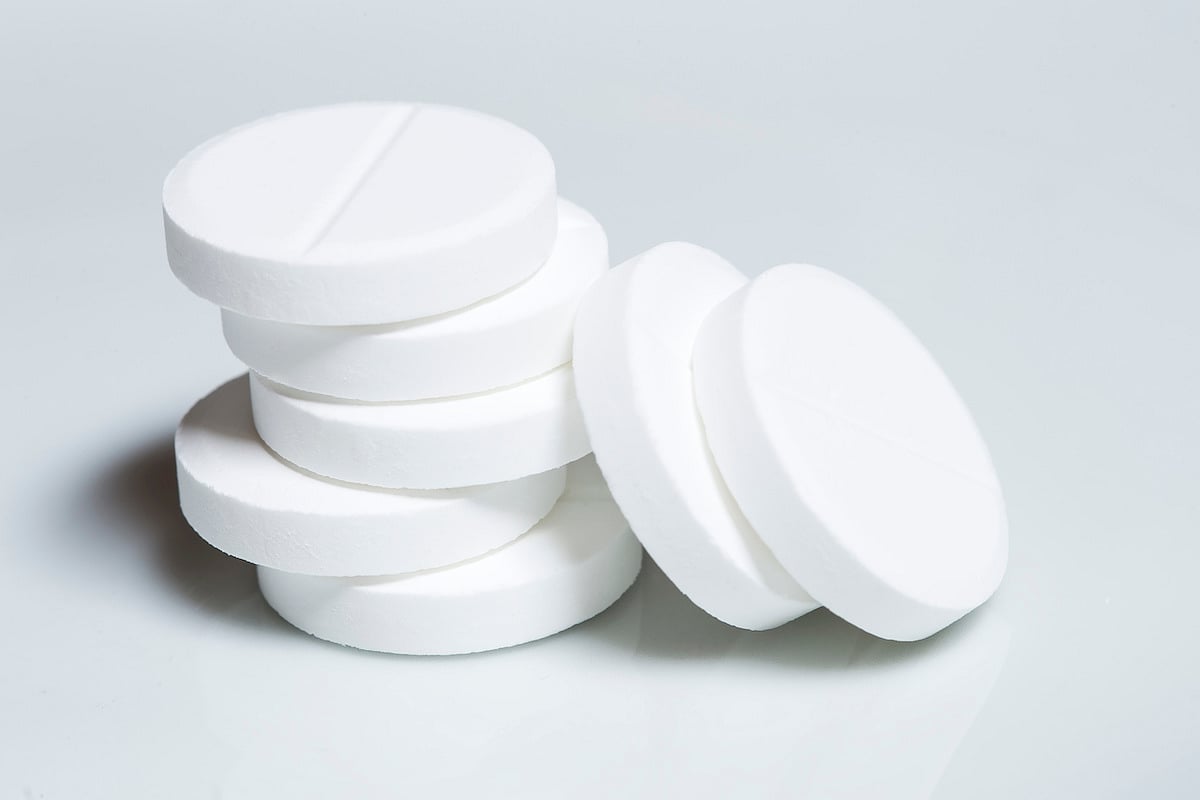Photo Credit: asikkk
The following is a summary of “Influence of lipoprotein(a) on aortic valve calcification in patients undergoing transcatheter aortic valve replacement,” published in the December 2024 issue of Cardiology by Bormann et al.
Elevated lipoprotein(a) [Lp(a)] levels are recognized as risk factors for cardiovascular disease and aortic stenosis [AS]. However, the role of Lp(a) in promoting aortic valve calcification [AVC] and affecting mortality in older adults with multiple health conditions undergoing transcatheter aortic valve replacement [TAVR] is not fully understood.
Researchers conducted a retrospective study to explore the effect of Lp(a) on AVC and mortality in patients undergoing TAVR.
They included consecutive patients who underwent TAVR (August 2019 and June 2020). Patients with missing data or prior aortic valve replacement were excluded. The cohort was divided based on an Lp(a) threshold of 60 mg/dl (UK and Germany guidelines for lipoprotein apheresis).
The results showed that of 454 patients, 102 (22.5%) had Lp(a) levels ≥ 60 mg/dl, while 352 (77.5%) had Lp(a) levels < 60 mg/dl. The median calcium volume in the cohort was 894.5 [570.8; 1,382.8] mm2, with no significant difference between the groups (P=0.83). Lp(a) was not an essential predictor of calcium levels before TAVR. Male gender (B = 404.11, P<0.001) and mean trans-valvular pressure gradient (B = 15.64, P<0.001) were the strongest predictors of calcification. Log-rank tests indicated no prognostic value of Lp(a) for 30-day all-cause mortality (P=0.30) or 40-month long-term all-cause mortality (P=0.60).
They concluded that Lp(a) levels may not significantly affect AVC or all-cause mortality in patients undergoing TAVR.
Source: link.springer.com/article/10.1007/s00392-024-02587-z














Create Post
Twitter/X Preview
Logout